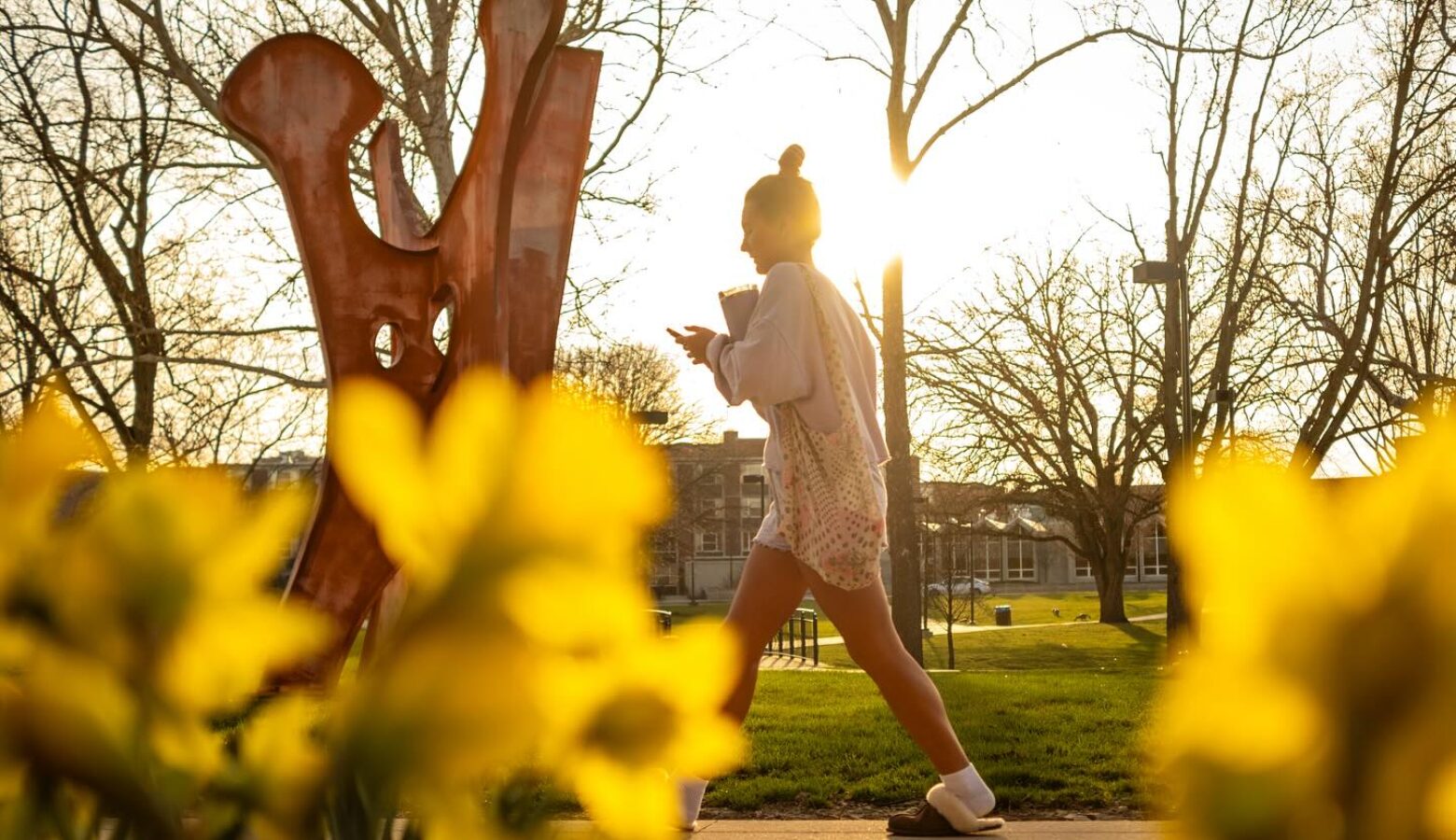Ball State: Delayed rollout of simplified FAFSA creating more delays for accepted college students

Federal delays in updating a financial aid form college students fill out is hindering the ability for schools nationwide to offer financial aid packages to students for the fall term. Many schools are having to move back dates and deadlines, while answering lots of questions. As IPR’s Stephanie Wiechmann reports, that includes Ball State University.
Universities need information from the Free Application for Federal Student Aid, known as the FAFSA, to calculate financial aid offers for accepted students that are the key to college for more than 17 million students nationally.
Paula Luff is Ball State’s Vice President for Enrollment Planning and Management. She says a multi-year federal plan to simplify the form delayed and complicated it.
Students couldn’t fill it out with a reliable connection until essentially mid-January, three months later than previous years. And, she says they couldn’t make necessary corrections or updates once it was sent, as is usual.
“So normally at this point in the cycle, we would have received around 24,000 FAFSA records,” she said at a Friday meeting. “At this point, we have 5,200 FAFSAs – 1,100 are rejected, meaning there’s something wrong, but nobody can go in and fix them. And according to our financial aid folks, the records we have so far are those that were filed between December 31 and January 15.”
Last week, Ball State announced it would extend its enrollment confirmation date by a month to June 1. That’s because Luff says students won’t receive financial aid packages until the end of April or May, instead of late January or February in previous years.
Luff says colleges around the country expect the delay and confusion to mean fewer low-income and first-generation students will begin college this fall.
Stephanie Wiechmann is our Managing Editor and “All Things Considered” Host. Contact her at slwiechmann@bsu.edu.
